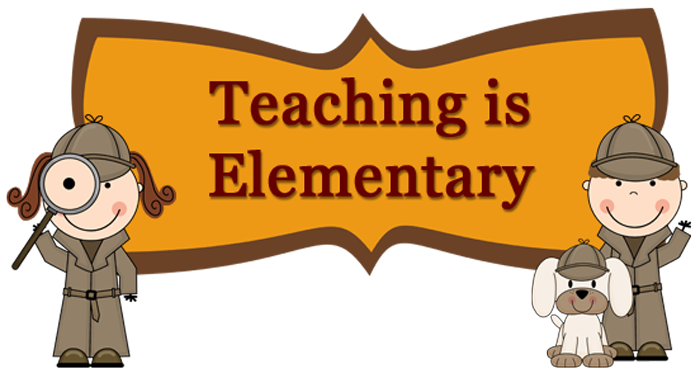
- It was sent by my twitter friend
- I know she and her son are spending the summer exploring
- I just love Jerry Pallotta, author of the Icky Bug Book and More!
So I clicked on the link and it took me to The Explorers Site, which Marialice created with her son, to keep track of their adventures. The post with amazing photos and a video about lobstering with Jerry is great, and I couldn't help but think of the wonderful summer Marialice and her son were having by making 'exploring' together a priority. Memories that will last a lifetime!
Then shortly thereafter, this tweet came into my feed from @dandanscienc
The word "Project" caught my attention (as it often does!). So I clicked on the link and discovered a wonderful blog called SciStarter, which had 10 amazing summer activities in which to participate. They included counting moths in your area, observing jellyfish, volunteering in parks and observing cloud types. I thought for a moment and sent this link off to Marialice in the hopes that she and her son might find some other science-related activities to try.
Then I reread the blog and wondered about the term "Citizen Science". Although I hadn't heard the term before I had a fairly good idea that it had something to do with the 'regular Joe' contributing/participating in some science related task. Read more about it HERE at How Stuff Works.
Hmmm...could this be something that my students might like/love? Could there be some 'projects' here where my students could be involved? I'm thinking - YES!
The SciStarter site includes a scroll of "Projects of the Day". Today one of the features is titled: Killer Whale Tracker. Basically, participants will monitor Orca sounds and measure noise levels (using software that must be downloaded to your computer). The purpose of the project is to learn more about the migration patterns of these creatures.
This activity is labeled for kids. While some of the activities are not meant for kids a good teacher knows how to adapt lessons to their students. These ideas could be used as a starting or jumping off point.
If the Killer Whale Tracker doesn't interest you, the site includes a "Project Finder" which has a drop down menu with all kinds of activities that could be done at home, at night, on line, in the snow or rain, on a walk/run and more. Or you could choose a topic: food, education, birds, animals, geology and earth science and more.
Making our students part of the "Citizen Science" world will not only engage and motivate students, but it will have them thinking about ways they can relate to and help their world.
 What do you think of this site? Do you see other ways you could use it with your students/children? Would love for you to share in the comment section below!
What do you think of this site? Do you see other ways you could use it with your students/children? Would love for you to share in the comment section below!
More Citizen Science Resources:
Scientific American - Explains the term Citizen Scientist
Citizen Science Central - A site to find or create projects
Filiment Games: Citizen Science - Play a game that "teaches scientific inquiry and limnology" There is a lot of dialogue but looks interesting.
5 Apps that Encourage Kids to be Citizen Scientists by Hack Education
Citizen Science Can Renew a Child's Love of Nature: Article in Education.com by Mike Mueller.



Nancy, fantastic post! One that I will most certainly use as a resource for our own adventures this summer. Additionally, I'm adding it to my elementary science methods course syllabus! Science should be accessible and available to all children! When students arrive to school, they are curious how the world works and it is our responsibility as teachers to nurture that curiosity! I'm all for citizen scientists!
ReplyDeleteHi Marialice,
ReplyDeleteThank you (and Curran) for sharing your adventures with us. It really has made me think about how kids get excited about the world around them. This year I did more hands on type activities with them and my goal is to do even more this upcoming year.
I love the term "Citizen Scientist" because it makes us all scientists. Observing, collecting and analyzing data are classic skills and the students are more than willing to participate - especially if they know the data is going somewhere!
Beyond thrilled that you will be using this as a resource. Hoping to post more as we had an #elemsci chat last evening where many teachers have decided to start our own Citizen Science projects! Will keep you posted. Till then, enjoy the rest of your summer!
Nancy
Hi Nancy,
ReplyDeleteThank you so much for introducing me to such fabulous resources! I love what I saw on Citizen Science! I shared it out to my elementary teachers and Common Core coaches.
Regards,
Tracy